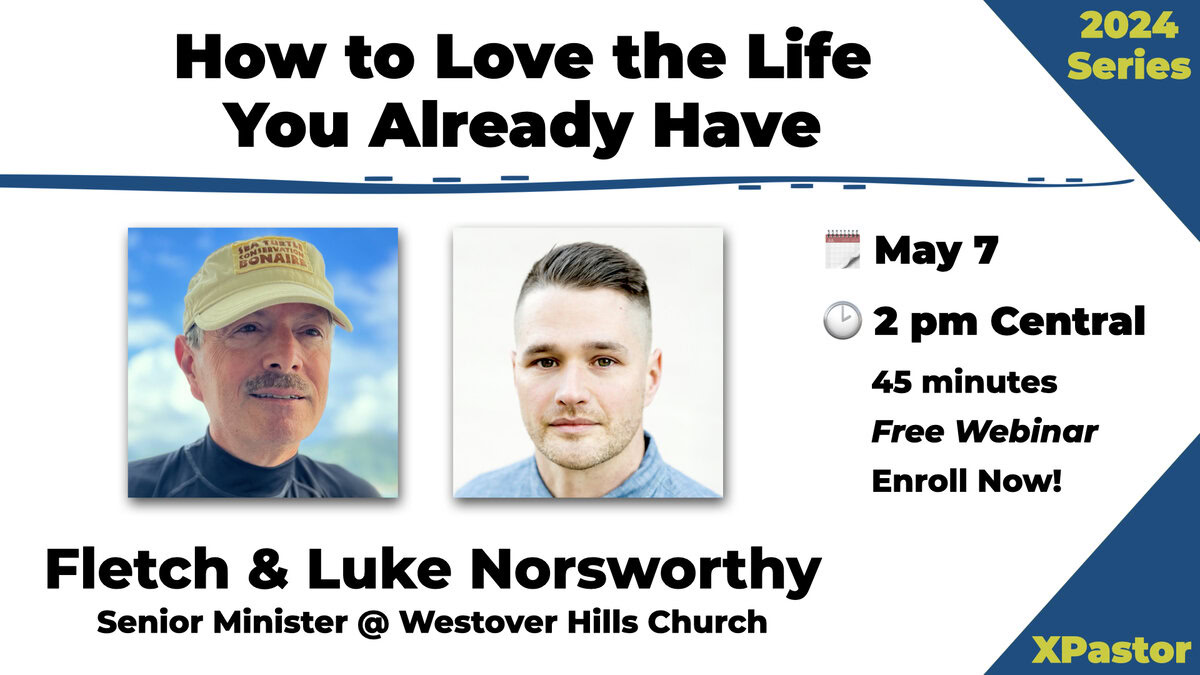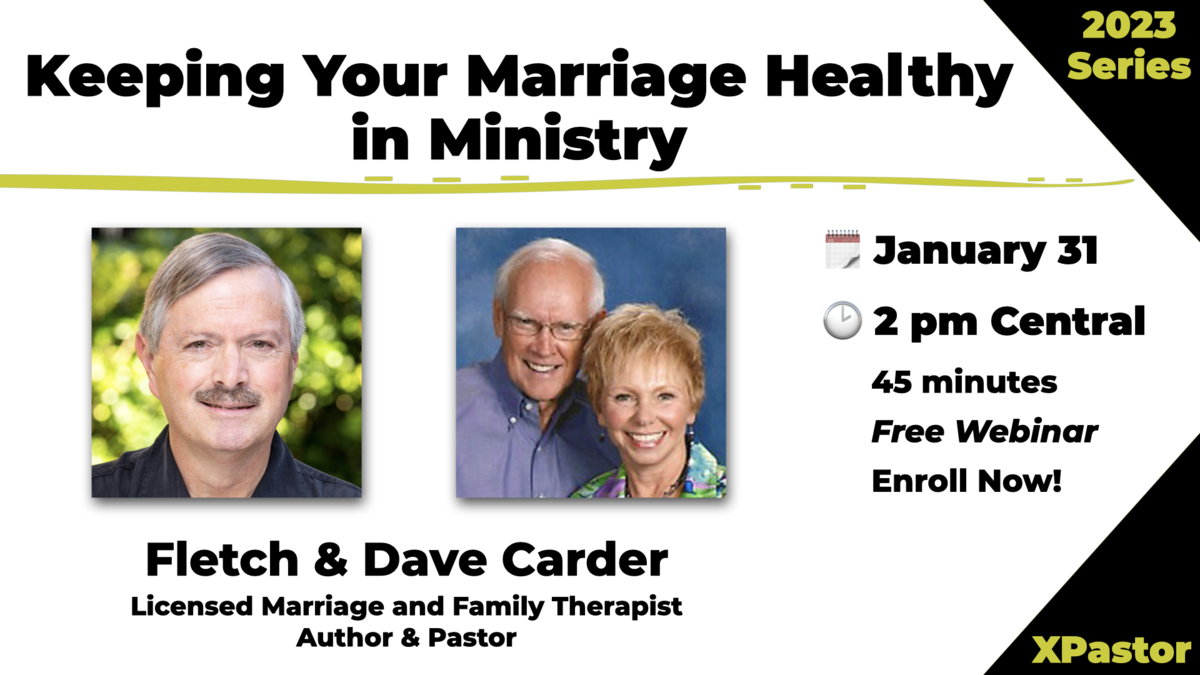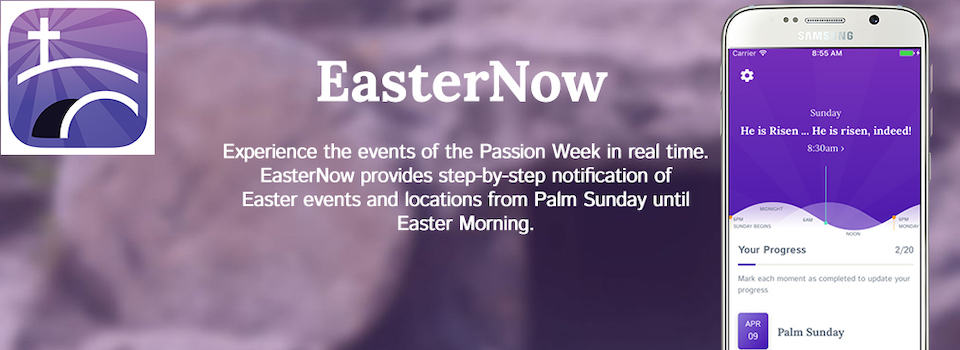I never thought I’d be talking to a counselor with my Senior Pastor, but there I was. We sat at ninety-degree angles from each other, facing a kind, older gentleman who was a stranger to me. The position of our chairs represented our relationship: not completely face-to-face against each other but definitely not side-by-side partners. Sort of skewed, at odds, in trouble.
How did we get here?
As with any relationship that is in trouble, our journey was not a straight line. Sort of a meandering walk through lush gardens, horrible quicksand, breathtaking vistas, and parched deserts. And it wasn’t quick; it took us years to get where we were.
First, there was me: young (at the time), relatively inexperienced (but didn’t think so), risk-taker, leader, anti-establishment, fast-mover (i.e. headstrong) change-agent (i.e. instigator and rabble-rouser—as my Dad would call it). Bottom-line: All-around rebel.
Next, there was my Senior Pastor, Steve: old (at least to me), decades of experience, wise, clung to convention and safety, highly-denominational, indecisive (couldn’t make a decision if his life depended on it). Bottom-line: All-around manager.
See any problems there?
When the ninth person on staff left in less than twelve months, I began to voice my concerns more and more openly. But always to Steve. And then to whomever else would listen in order to put more pressure on Steve to change and do things differently. Steve, however, just wanted to bury the problems and issues that we were facing. I couldn’t do that, so I would ask questions, make bold statements, hold people accountable, demand follow-thru. And so I don’t sound like the hero of this story, let me be quick to point out that I would almost always do the above with an arrogant, angry, and “gotcha!” chip on my shoulder. No, there were no innocent victims in this scenario. Admittedly, the relationship between Steve and I was a mess, where we constantly looked over our shoulders to see who was there, saying what about us. Paranoia followed, hiding our true feelings from each other, guarding ourselves, him trying to bury the conflict, my trying to expose it.
So Steve and I began attempting to repair our fractured relationship all by ourselves. We didn’t get very far. Gossiping and rumors had undermined our foundation of trust in each other so much that hurt and pain was all we could see. We would meet, talk, pray together, but it seemed like progress eluded us. So we turned to an impartial third-party to help us swim through these choppy waters and perhaps throw us a lifeline.
After several sessions over just as many weeks, we stopped seeing our counselor. Honestly, the counselor spent most of our time talking with Steve and trying to help him determine if he was in the best vocational fit (he realized he wasn’t after a few more years—remember, I told you he was indecisive—and left the church), while I sat there and listened (do you really think I’d be telling this story if I was the main person at fault?). We did walk away with a greater understanding and appreciation of each other, but our relationship was never quite the same as it was in the beginning. However, to even get us moving in the right direction, talking to each other, digging beneath the surface to hit the real issues, we needed someone else to help us. We needed guidance and direction that we couldn’t conjure up ourselves. We needed outside help.
Flash forward several years: new church, new position, new Senior Pastor. Everything is as different as night from day. Instead of burying conflict, it’s tenaciously pursued and rooted out as much as possible. There’s honest feedback, given in love. People are encouraged to deal with the person they’re having problems with and talking about that person to another is simply not tolerated.
My Senior Pastor, Alan, and I have a good relationship, though it’s not perfect as we are not perfect. We are opposites in many ways, but are unified on the core values of church and community, two of the most important things to us. Even though we have had conflicts and issues with each other, there is a deep love and commitment that runs between us that is strong and solid. We strive to keep very short accounts with each other and work hard to get things out on the table sooner than later. This happened just recently.
A few people have told me that I can act moody sometimes (okay, lots of people have told me that, but I’m sure they’re all wrong) and apparently, I was in a weird funk last week. Alan picked up on it. But instead of just shrugging it off or waiting for me to come talk to him if I was upset about something, he tenaciously asked me if there was anything wrong and if our relationship was okay. There really wasn’t anything wrong on my end. I was just not feeling as playful or lively as I usually do. But Alan cared enough about our relationship to make sure there wasn’t something unspoken going on so he kept asking me: five different times, in fact. By the time he did finally quit bugging me, I was almost mad at him.
The point is, he asked. He pursued. We both try to ask each other the hard, unspoken questions. We both try to pursue each other out of our love for Christ and our love for each other. We both try to help each other continue moving in a good direction.
How did we get here? Lots of mistakes. Lots of other poor relationships, like mine that I described earlier. Lots of handling things poorly and trying to learn from them. And lots and lots of outside help from other people—counselors, friends, mentors, spiritual directors, etc.—when we’ve gotten into trouble.
None of us are perfect. None of us ever have the complete picture. And when a relationship is struggling, one of the most important things we can do is be humble enough to ask for help, to seek guidance and perspective and feedback from an outsider who can help us navigate the turbulent waters.
When Alan and I have conflict, we seek to tackle it head-on as soon as possible. Sometimes that works just between us, and sometimes it doesn’t. Sometimes, we simply need outside help to throw us a lifeline.
And isn’t that what the Body of Christ is for?











